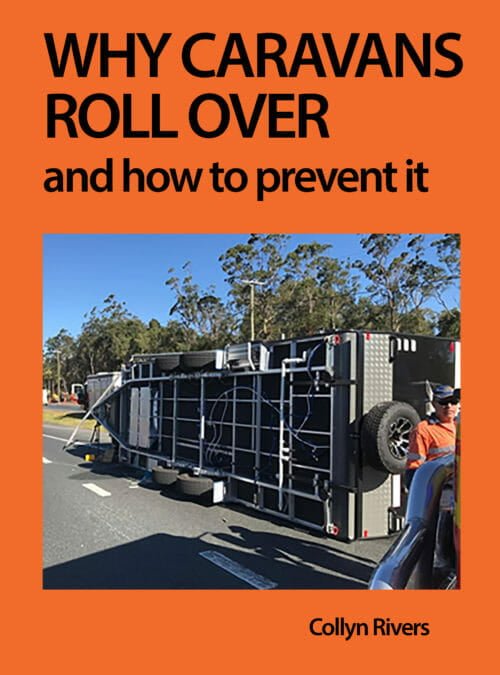Blade fuse problems in travel trailers include fuses and fuse holders burning or melting. Fire risk is high because the fuses may continue to conduct. Ongoing current flow, however, may heat the fuse holder to burning point. This article by RV Books explains why and how to overcome the risk.
SRW
RV supply cables – choices of current capacity and length
This article shows the sizes and lengths of electric supply cables for travel trailers and motor homes legally required in Australia and NZ.
Solar input available for travel trailers – know what’s available and increase it too
Knowing the solar input available for travel trailers is vital, especially up north. This article shows how to know that available and increase it too.
Grid connect solar modules for RVs – here’s how you can use them
Using grid connect solar modules for RVs is readily done but needs an MPPT regulator. This article by Collyn Rivers explains how and why it is done.
RV electrical wiring – twin-wire or chassis return – here’s why twin-wire is usually better
Twelve-volt travel trailer systems may be twin-wire or chassis return. Twin-wire is usually best. This article explains why – and which to choose to avoid problems.
How much solar input – here’s how to find out
Knowing how much solar input is coming in like measuring rainfall. It uses units called Peak Sun Hours instead of inches or millimetres. Here’s how and why.
Lithium batteries for travel trailers
Lithium batteries in caravans and motorhomes pack a lot of energy but need specialised knowledge to use safely and reliably. Here’s how and why – and how to install and use them.
Travel trailer Fuses and Circuit Breakers – how to know which to use
Circuit breakers and fuses in travel trailers both cut the current, but in different ways. Here’s how to know which best suits circuits and appliances protected. Those for 230 volt grid or inverter supplied circuits must be specified and installed by a certified electrician – who will install circuit breakers etc anyway. Circuit breakers and fuses for RVs (for 12/24 volt circuits) can be self-installed by those familiar with such work.
Living with solar – how make it all work
Living with solar successfully requires being totally aware of the energy you use. Here’s a general guide to how to make it all work.
Imported RV electrics
Imported RV electrics are often not fully compliant. Their owners often wrongly believe they are. They cannot legally be sold unless remedied.




